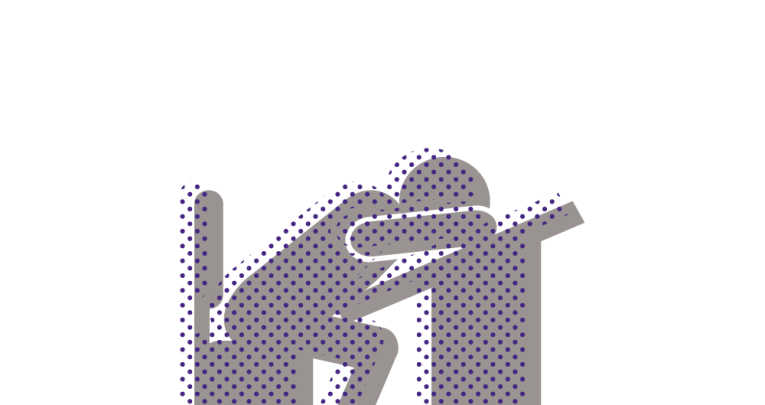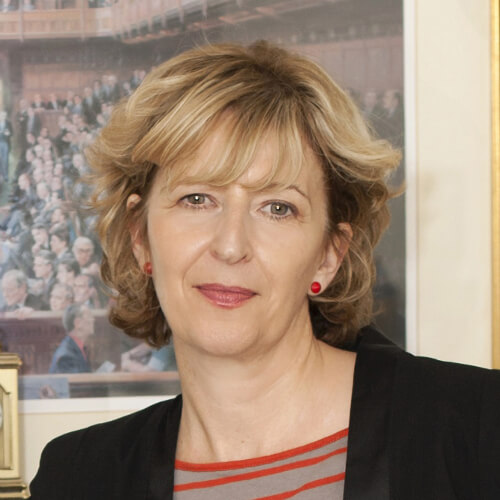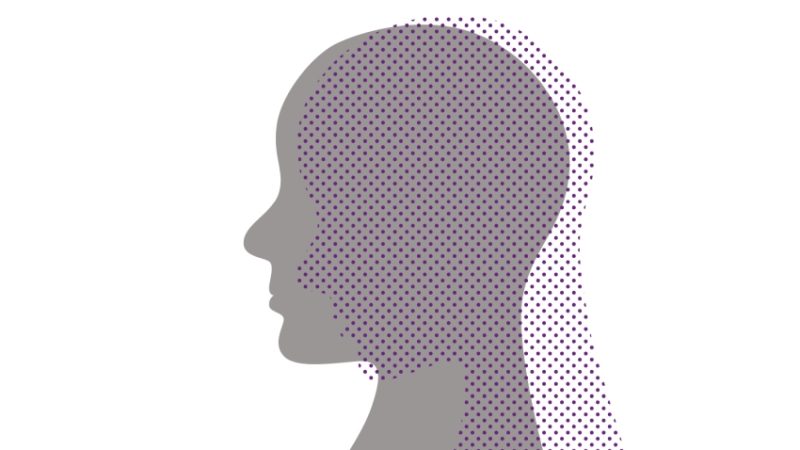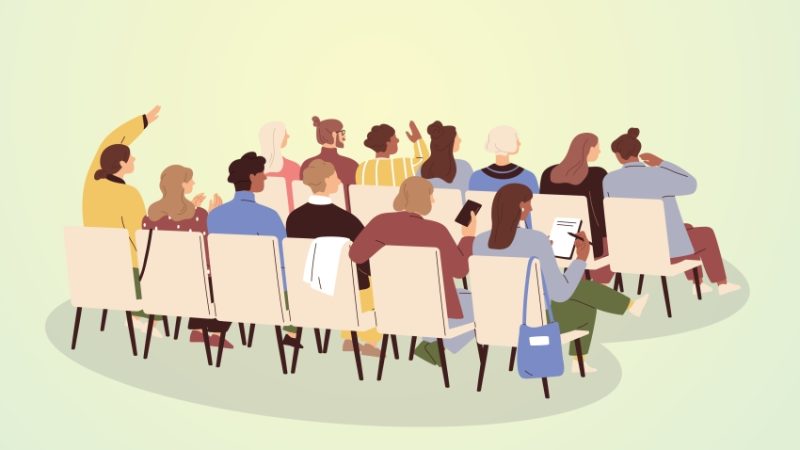Our Current Education System is Failing Students – It’s Time for Change

It looks like our education system has lost its way – and it’s going to take a serious rethink about our values and expectations to get it back on track…

- by Melissa Benn

Could we ever imagine a school system radically different from the one we have? And how might we get there?
I’ve been pondering this question after reading an absorbing new book, Natural Born Learners: Our Incredible Capacity to Learn and How We Can Harness it, written by ex-teacher Alex Beard.
Rather like Lucy Crehan’s excellent Cleverlands, an account of one woman’s journey through some of the world’s top performing school systems, the idea for the book sprang, in part, from the author’s disappointing early experience of working in English education.
Teaching in a south London academy, Beard was frustrated at his inability to engage his students, despite their obvious raw talent. How, he wondered, did other countries and classrooms manage it?
The human touch
Natural Born Learners explores not just alternatives around the globe, but the very practical and ethical shape of the future. How will advances in neuroscience and Artificial Intelligence alter the experience of education in the coming decades?
The answer is a nuanced one. Of course, the tremendous tech advances of the last 20 years will find their way into the classroom, but Beard persuades us that human relationships and the craft of good teaching will remain more important than ever. There are just too many things a robot can’t do.
Beard is also wary of the punishing work ethic that has seeped into so much educational thinking of late.
In contrast, he showcases some amazing examples, from Finland to California, where greater emphasis is placed on learning by doing, team and project work and peer-to-peer learning, with teachers taking a more directional rather than didactic role.
Tough hurdles
In some ways, these ideas have been around for decades, but they touch a particular nerve in 2018. And it is not hard to see why.
There is now a widespread feeling that we have lost our way in English education. Our curriculum is too narrow, our students too stressed. Too many young people, particularly from less advantaged backgrounds, falter and fall at the tough new hurdles put in their way and from an ever younger age.
And yet, as Beard argues, every child has the capacity to learn to a much higher level, to be engaged and excited by knowledge. We need to harness, and augment, their natural capacity to learn.
Time to talk
Wisely perhaps, Beard makes no specific proposals for political change. However, he is clearly urging us to alter direction before it is too late, to develop a larger and more imaginative vision concerning the purpose and practice of schooling in the 21st century.
Could it be time, perhaps, for a national conversation, spreading far beyond politics, about the kind of school system we want to see in ten, twenty, even forty years?
Our Brexit-induced crisis of confidence may actually make this a good moment for such a debate. Some of the most successful school systems in the world emerged after a period of crisis when professionals at all levels realised that the best investment that any nation can make is in the education of all, not just a few, of its children.
Such moments of national soul-searching often enabled meaningful, major change. Finland, for example, decided to abolish private schools and create a common system, one in which it was illegal not to have mixed ability classes up to a certain age.
A new direction
Big changes to tackle big, enduring, problems. It makes sense. As long as we continue along our depressing road of separating and streaming, labelling and judging our children (some nursery classes are even now sorted by so-called ‘ability’), we will never have more than a middling state system, with parents at every level forever stressed about the status rather than the substance of their children’s schools.
Beard’s message is clear. We need to develop a different kind of high expectations culture, one that finds fresh ways to engage every child in the most imaginative way possible, and frees teachers up to help them do it.
Melissa Benn is a writer and campaigner, and chair of Comprehensive Future. Her book Life Lessons: The Case for a National Education Service will be published in September 2018.











